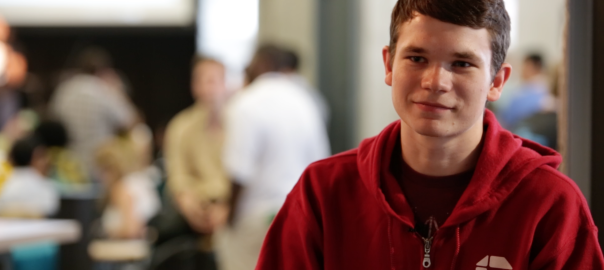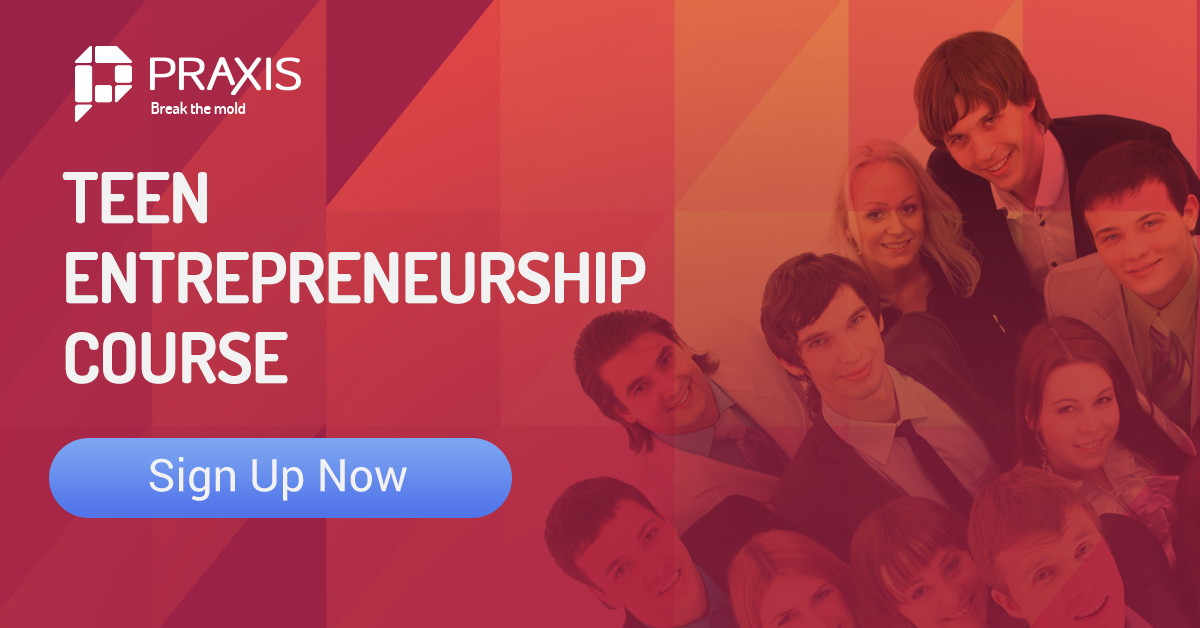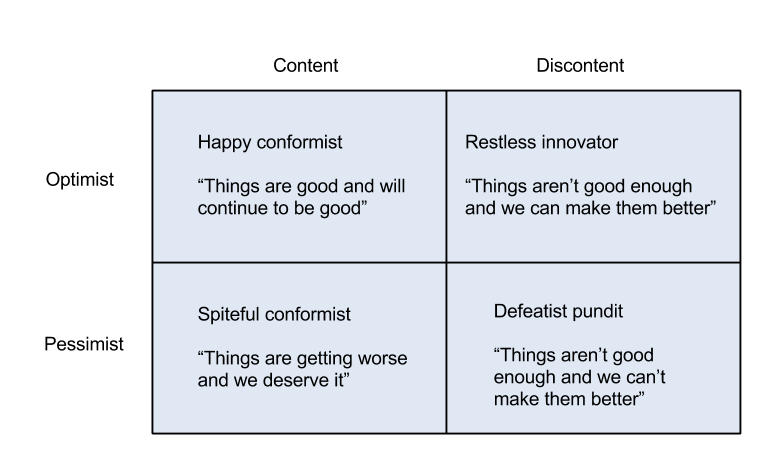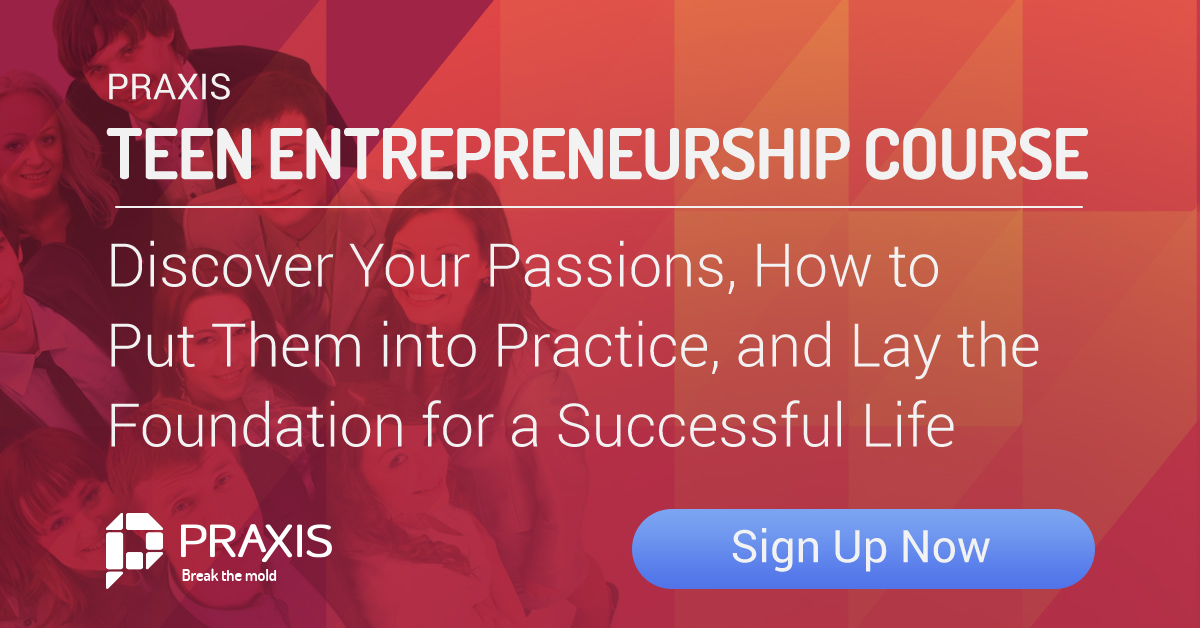
Sticking with an important theme in my life the better question might be, “Why not?”
Still, given our stage in life, our kids ages, and our work and financial situation, it does raise some eyebrows when we tell people of our Ecuadorian excursion planned for early 2016. There are several reasons we chose to do this, not least of which is the fact that there are far, far more reasons we can come up with not to do this.
That’s the thing. The reasons not to will only ever pile up. Screw that. Perfect timing is a myth. If we waited for the right time we never would have gotten married, had kids, adopted, taken new jobs, moved, moved again, started a business, unschooled, and all the other things we cherish most about our life.
The Idea
It began a little less than a year ago. I was flying home from a business trip and listening to an episode of the Tim Ferriss Podcast. It was an excerpt from a book called Vagabonding by Rolf Potts. I knew in my gut I wanted to get out into the broader world with my family. Not out of nowhere. The podcast was just a nudge. My own experience had me jonesing for international adventure for me and my kids already.
Between ages 12-20 I spent at least a few weeks, sometimes a few months, every summer in another country. Mexico, Peru, Kenya, Honduras. These were the most important and formative experiences of my youth. I loved it. It was really hard sometimes. I learned so much and gained so much perspective. Perhaps I’ll write more another time about what these trips did for me, but one of the things was to teach me forward orientation. The first few times it was crushing to make deep connections to dear friends across the world then leave, never to see them again (and pre-Facebook, never to talk to them in most cases). It made me learn to live in the moment and not hold on too tightly to past experiences.
My wife and I have always wanted to travel with our kids and let them experience the world outside the suburbs. Not because we think it’s somehow morally superior or because we want to be international do-gooders. Just because it’s really fun, and the best kind of challenge. We both know how hard it was for us to move from the small-town Midwest just a few states away, and how good it was. It’s too easy to assume your current geography is the best fit for you simply because you’ve never ventured out. We want our kids to feel like the world is small and not be afraid of exploring all of their options. We don’t want the exit option to feel so daunting to them.
The Decision
I got back from that trip and told my wife to listen to the podcast episode. She did. She knew right away what I was going to suggest and she wholeheartedly agreed. Let’s spend some time abroad with the kids. Not a vacation. Not as visitors touring the sites. Just normal, day to day life in a different place. We knew this required more than a few weeks and a location that wasn’t just for popular attractions. Don’t get me wrong, I love popular touristy stuff and we aren’t the type to go searching for the “too cool for the travel guide” spots when we travel. But this wasn’t about travel. It was about living.
I wanted two months, she wanted one, we settled on six weeks. It seemed long enough to make us both uncomfortable and wonder if we’d get bored and restless and homesick. We couldn’t just distract ourselves with novelty for six weeks. We’d have to establish a daily routine. Perfect.
The Timing
It seems weird to try to spend time abroad at this point in our lives. Our kids are 4, 6, and 10. That’s still pretty young. We are not in a place to put money into anything besides day-to-day expenses. I launched my company, Praxis, just two years ago and every ounce of material and mental resources go into building it. We moved here to the Charleston, SC area just four years ago and we love it. It’s beautiful, we’re not bored, and we’re beginning to make very deep and rewarding social bonds. My wife and I are young, so it’s not like the clock is running out on us.
But we don’t want perfection. We don’t want some experience that’s been planned and built up for years or decades. We don’t want to overthink it. We don’t want it to be that big of a deal. We just want to try living somewhere else for a bit. That’s it. When will we be in a better situation? Realistically, never. There will always be something more pressing to spend our energy on.
Besides, there are several ways in which we’re in a perfect position to do this. I own my own business and all of my colleagues work remotely. Besides travel season, all I need is WiFi. I live and breathe Praxis, but where I live and breathe it from is of little relevance most of the time. We unschool our kids. We have no schedule or obligations. One of the reasons we chose to unschool was so that we could do stuff just like this. How many kids get to do that? Our kid aren’t wasting away in cinder block cells all day, so why should we follow the same routine as those that are?
We know it will be really, really hard. Especially for me in the most intense phase of growing a business and trying to revolutionize the world. But everything we do at Praxis is about living life on your terms. If we preach it, we can live it too.
The Details
We had several constraints and preferences, but a lot of play room. I travel a lot to conferences and events to speak and promote my company and the ideas behind it. We couldn’t go in late spring/early summer, or in the fall. Speaking season. We also needed this to be really, really affordable. As in, all-in, this six weeks in Ecuador needs to cost the same or less as if we had stayed home for the same six weeks. We also needed reliable, solid WiFi. (One of the first things we did was have our AirBnB host run a test and verify the speed, which is the same as what Comcast gives me in SC.)
We weren’t ready to fly more than 4-5 hours with kids as young as four, so South and Central America were the target. We searched around on AirBnB for a few days and found a place that looked crazy cool. A bamboo beach house like something out of Swiss Family Robinson. It was gorgeous, large enough, and well-rated. No A/C and open, so mosquito nets, but otherwise not primitive. Good price, good WiFi. Why not?
The Act
Never the type to dwell too long on a matter, we booked it. Was there something better? Probably. Would it be worth the agonizing and the time and energy to find it? Probably not.
Once our non-refundable house was booked, the rest had to happen as a matter of course. We’ve been alternating between excitement and terror since then, but that’s exactly what we want. Just a little fear to overcome, mixed with the thrill of overcoming it.
We’ll set out just after the Super Bowl (what, you think I’m going to miss the NFL season?) and return around the Ides of March. If all goes to plan it won’t be noticeable from the outside. I’ll be working most of the day most days of the week as usual. The kids will be doing what unschoolers do, which is precisely what drives their curiosity and interest, and we’ll be grocery shopping, going for walks, cooking, cleaning, reading, meeting with people, and enjoying the beach.
We’ll also be sweating, struggling to communicate in a village of Spanish speakers, adapting to new foods and smells and sights, and probably in many moments fighting homesickness.
This may be the first of many experiences living abroad. It may be the last we ever do. That’s why we’re doing it. We need to know. Will we love or hate it? No amount of analysis can answer the question. We’ll go find out for ourselves.
Like this:
Like Loading...






